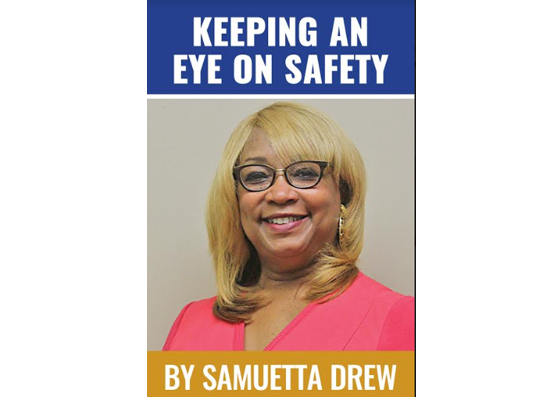By Samuetta Hill Drew
Over a 100 million people in America are now vaccinated as of April 30. This number represents almost 40 percent of the country’s adult population. So, if you are among the people who are fully vaccinated, I am sure you are wondering, what exactly does this mean, where can I go and what can I do?
Part One of this new safety series will begin answering some of your questions. To ensure the article’s information is medically and scientifically accurate, the information being shared will be taken directly from the Centers for Disease Control and Prevention (CDC). It is the most current information published.
Fully vaccinated is a term being used frequently by the media and others. So again, what does it exactly mean? Simple, the CDC feels people fully vaccinated for COVID-19 are those who received the COVID-19 vaccines currently authorized for emergency use by the U.S. Food and Drug Administration (FDA). The vaccines included in this category are Pfizer-BioNTech, Moderna and Johnson and Johnson’s Janssen. The CDC believes the new guidelines for fully vaccinated people also can be applied to the COVID-19 vaccine authorized for emergency use by the World Health Organization, AstraZeneca/Oxford.
People, in general, are considered fully vaccinated:
- Two weeks after their second dose in a two-dose series, such as Pfizer or Moderna vaccines, or
- two weeks after a single-dose vaccine, such as Johnson and Johnson’s Janssen vaccine
- If you do not meet these requirements, you are NOT considered FULLY vaccinated. Continue to keep practicing COVID-19 precautions until you are fully vaccinated.
If you have a condition or are taking medications that weaken your immune system, you may NOT be fully protected even if you are fully vaccinated. Consult with your healthcare provider. Even after receiving your vaccinations, you may need to continue taking all precautions.
Studies show that COVID-19 vaccines are effective at keeping you from getting COVID-19. Getting a vaccine will also keep you from getting seriously ill even if you contract COVID-19.
COVID-19 vaccines teach our immune systems how to recognize and fight the virus that causes COVID-19. It typically takes two weeks after vaccination for the body to build protection (immunity) against the virus that causes COVID-19.
Those of you who fall into the fully vaccinated category outlined in the article, congratulations. This means you are Keeping an Eye on Safety for you and your community during the pandemic. Next week we will outline what activities you can now begin engaging in, as well as those precautions you still need to practice. COVID-19 is still with us.





